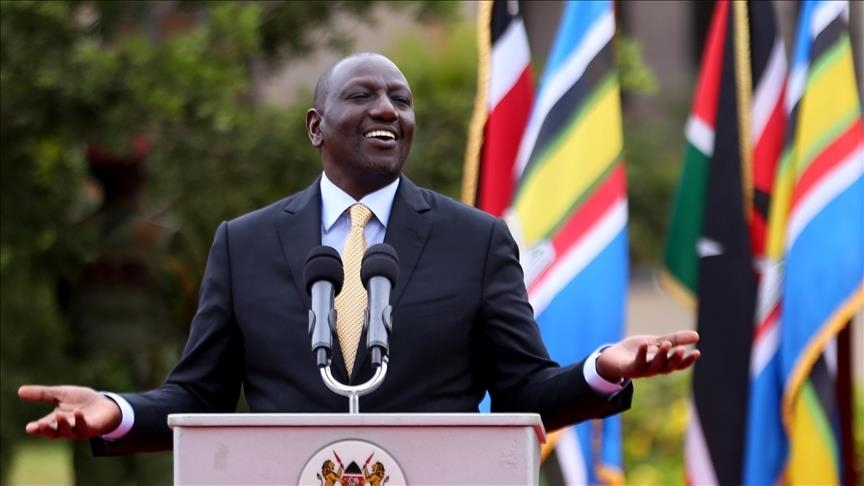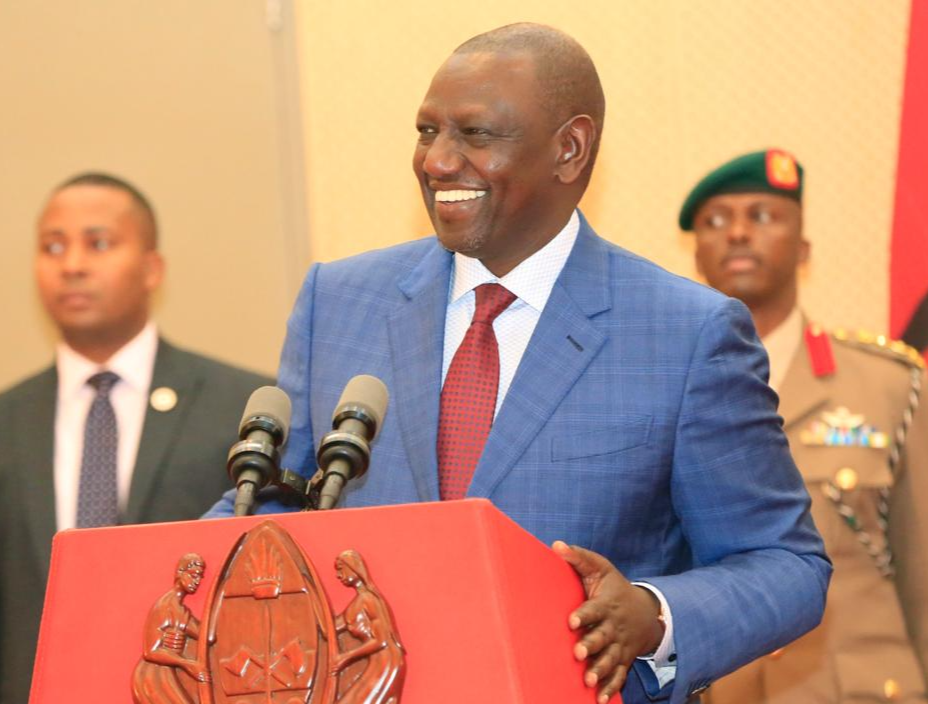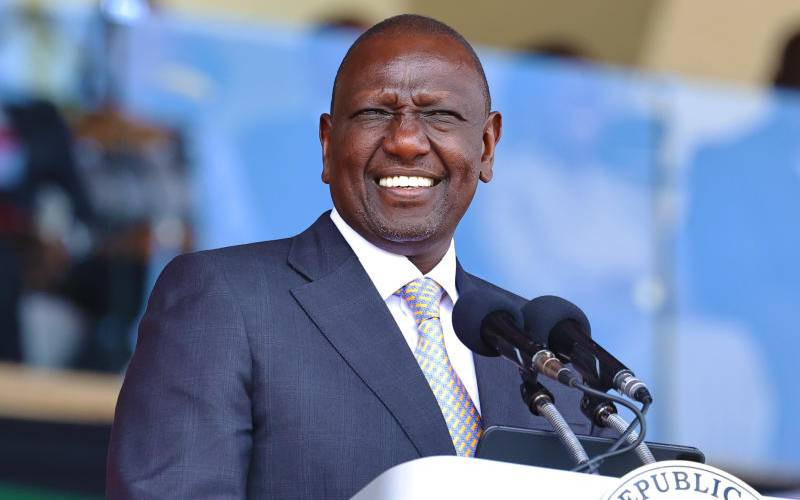President William Ruto stated at the meeting that the modifications to the Finance Bill took into account the views of the people and other stakeholders expressed during public engagement sessions.
The President praised Kenyans for their efforts in public involvement.
The Finance Bill has been revised to eliminate the planned 16% VAT on bread, sugar transportation, financial services, foreign currency transactions, and the 2.5 percent Motor Vehicle Tax.

Furthermore, there will be no rise in mobile money transfer costs, and the excise duty on vegetable oil has been removed.
Levies on the Housing Fund and the proposed one on Social Health Insurance will not attract income tax, putting much more money in employees' pockets.
Levies on the Housing Fund and the proposed one on Social Health Insurance will not be subject to income tax, putting extra money in employees' wallets.
The proposed Eco Levy will only apply to imported completed items that generate e-waste and thereby affect the environment when no longer in use.

As a result, locally made items, such as sanitary towels, diapers, phones, laptops, tyres, and motorcycles, will not be subject to the Eco Levy.
The President stated that the government is working to reduce imports of products that may be produced domestically, safeguard local industries, and provide jobs for citizens.
“The stability you see in the foreign exchange regime is a result of our deliberate policies to reduce imports of things that are produced locally," the President said.
He stated that Eco Levy will be charged for imported finished items, while domestically created ones will be free.
As a result, the Eco Levy will not apply to locally-made items such as sanitary towels, diapers, phones, laptops, tires, and motorcycles.
The VAT registration threshold has been raised from KSh5 million to KSh8 million, eliminating the requirement for many small firms to register for VAT.

President Ruto stated that harsh measures had paid off, noting a decline in inflation from 9% in 2022 to 5.1% in May and the strengthening of the shilling against the dollar.
He stated that the administration is trying to achieve a balanced budget over the next three years, which would cut borrowing and guarantee that the country lives within its means.
President Ruto stated that the new university financing model has transformed the financial position of public institutions, adding that parents who can afford to pay for their children's education have not sought for scholarships, leaving more money for students from low-income households.

-1718779106.jpg)







